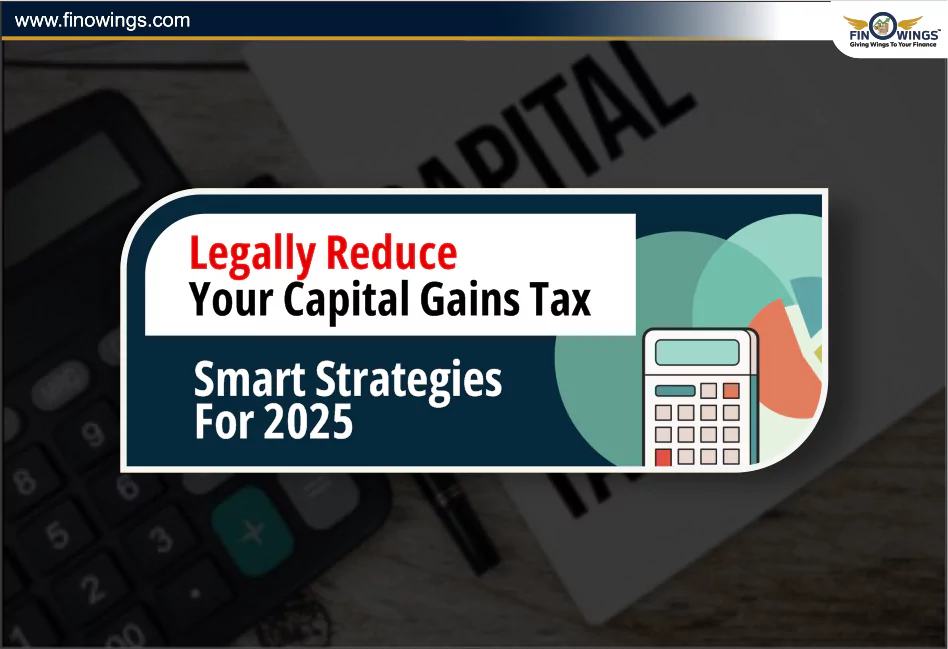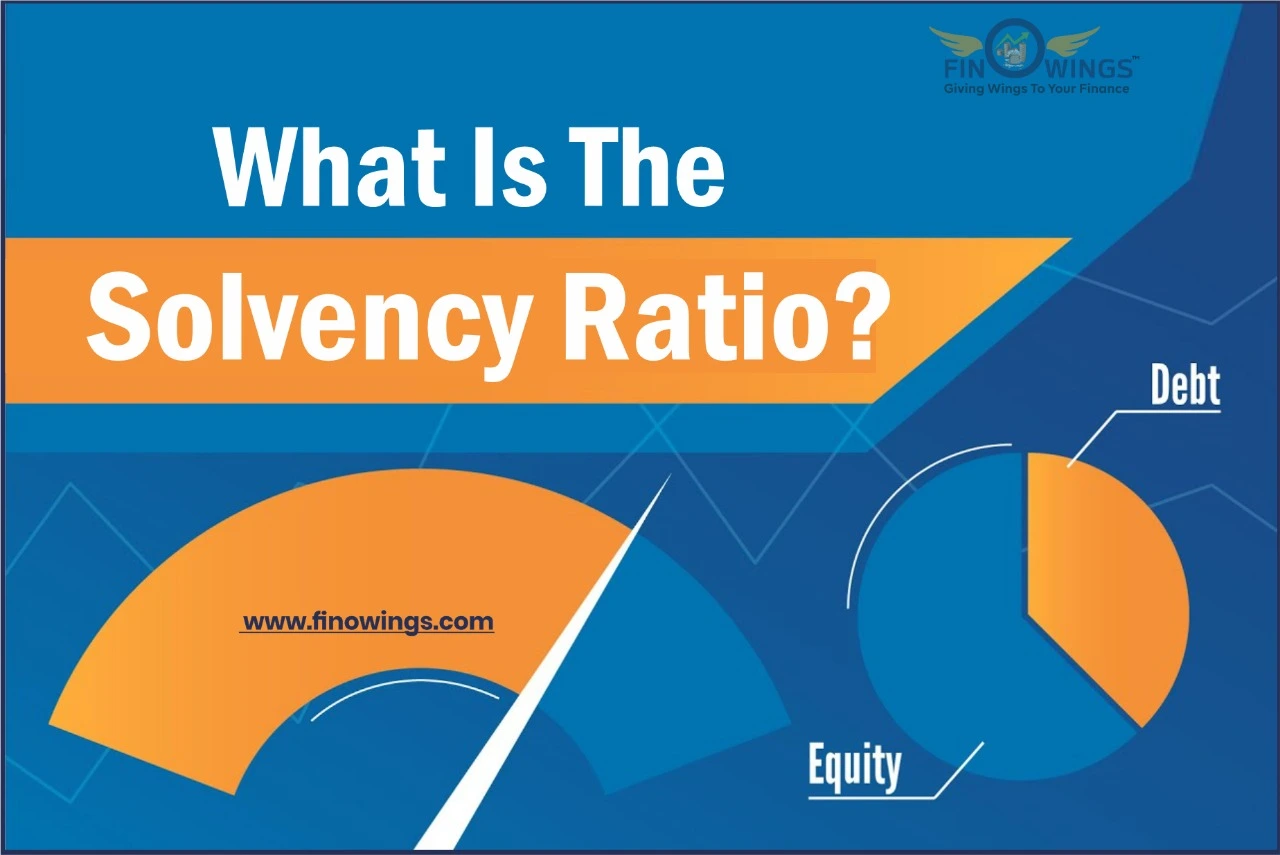Home >> Blog >> Why do companies launch an Initial Public Offering (IPO)?
Why do companies launch an Initial Public Offering (IPO)?
 72.jpg)
Table of Contents
Introduction
A company owner always looks for ways to expand their business. The goal of a well-established company is to always stay two steps ahead of inflation. First, as a private company grows, it attracts public investors willing to buy its shares. The sold shares benefit a business that wishes to expand and needs more resources. This process is more sound and beneficial when it is done on a public platform like the stock market. When a company has been successfully established for a long time and has expanded enough commercially, its initial investors and partners seek to raise funds through public investors. This first step of making a private company go public is an initial public offering (IPO).
What is an IPO?
A privately held company's first sale of shares to the public in the form of new stock is known as an initial public offering (IPO).
An IPO helps a corporation to raise equity capital from public investors through the stock market.
By issuing an IPO, a private changes into a public company. Therefore, it can be very critical for private investors of the company now; they will be able to collect gains more efficiently from their investment because IPO includes a share premium for current private investors. Therefore, private investors are eager for an IPO, and public investors are also interested in participating in the offering.
A company is considered a private company because it has not issued an IPO. This pre-IPO private company has a small number of investors who are its shareholders. These are early investors like the founders who started the company, along with there may or may not family and friends who were the first investors in the company. They hold their equity of shares according to their investments. Also, sometimes professional investors wish to invest in newly formed or startup companies; they are known as venture capitalists or angel investors. One of the famous Indian angel investors is Anupam Mittal, whose company, People Group, manages businesses like Shaadi.com, Makaan.com, and Mauj Mobile. He has invested in over 50 startups as an angel investor in companies like Ola, Tradex, and Reevoy.
An IPO is a great opportunity for a company as it provides a lot of new investments and funds, which raise a lot of money for the company. With this new source of revenue, the company can allow itself to grow and expand.
When a private company has grown successfully, and its directors believe it is mature enough to deal with the SEC ( Securities and exchange commission) regulations, a government agency protects investors from fraud and unfair sales practices along with the benefits and benefits responsibilities to public shareholders. The private company then advertises itself and shows interest in going public or offering shares to the stock exchange.
Typically, a company enters the stock market when it has grown to the point that it is valued privately at $1 billion or more; a status is known as a unicorn. India ranks as 3rd top country in the world to have unicorn companies for the year 2021. India took the place of the UK from the 3rd position in 2021. The other leading countries are the US and China.
But IPO not only favors companies with huge valuations, a private company at a substantial valuation with strong business potential and proven profitability potential can also issue an IPO, which mostly depends on the market competition and if it can meet the listing requirements of the stock market.
The IPO offers shares of a company priced through the process of underwriting. When a corporation lists its shares on a stock exchange, the previously held private shares are sold to public investors, converting them from private to public ownership. As a result, the existing private shareholders' shares change their shares' worth according to the public trading price. The process of share underwriting is supervised by an investment bank that offers such special provisions for private investors to newly offered public share ownership.
Millions of investors can purchase a firm's shares through an IPO, giving it access to the public market and allowing it to add money and capital to its shareholders' equity. The public market consists of any public investor or institutional investor interested in investing in the company.
Why does a company issue an IPO?
The company's new shareholders' equity value depends on the number of shares it sells and the price at which it sells the shares. Shareholders' equity is the money that the owners of a business have invested in the company. It represents shares owned by investors, be they private or/and public, but after an IPO, the shareholders' equity increases more than its former issuance. The company with better shareholders' equity represents the business's financial efficiency. There are many reasons why a private company goes for an IPO; these include the following-
1. To build a business portfolio
IPO helps a company to gain public attraction and recognition. The company expands its business to the public. IPO does not only help to gain capital, but it also promotes the marketing of a business. Turning a private company into a public one helps gain customers' trust and loyalty to the company and its product and services. The shareholders support and promote the company to other people and help it grow. This, in turn, leads to easy mergers and acquisitions. It also promises pi more cash flow due to its public listing of shares.
2. Raise Capital
One of the most common benefits of issuing an IPO is providing more capital. Raising funds is safer than applying for expensive and risky loans. Commercial banks offer limited funds to private companies based on thorough company analysis. Bank loans provide high-interest rates. Whereas IPO helps the company gain money without any interest, which can be used for several purposes like expanding business, clearing debts, recruiting more staff, research, development, etc. A company's capital determines how quickly it will grow, so the more money it has, the faster the company will expand.
3. Price Transparency of the company
Price transparency means the consumers' ability or accessibility to complete price and market information of a company's products. It is a primary factor affecting market efficiency as the consumers can compare the value of companies with similar products. The financial data must be reported quarterly to the government (SEB). Selling the equities through IPO generates a lot of liquidity, assets that can be converted into cash. When a company gains more liquidity, it builds a better financial portfolio, which helps it increase its price transparency to consumers.
4. Value Assessment
When a company's stock gets listed in the stock market, it's worth equal to what an investor is willing to pay for. The value of a company is directly proportional to the price that investors wish to invest in the stock. Therefore, the public or other potential investors know the current value or worth of the company. Value assessment is crucial for a company that has goals to expand in the future and carry out mergers and acquisitions.
5. Provides more Credibility to the company
Launching an IPO gives the company price transparency and a new value that increases its visibility and reaches the public market. In addition, the IPO builds a company's financial status, which boosts the company's Credibility. A valid IPO which provides all the financial data to the SEB (Securities and Exchange Board), helps to launch the company as a government-certified business that attracts investors.
Advantages & Disadvantages of IPO
Advantages of IPO |
Disadvantages of IPO |
|
An IPO can raise huge amounts of funds and capital, because a listed company on a stock exchange provides better market exposure and public image of a company. It helps the company's sales and profit increase. IPOs are also helpful to public investors because it is easier to buy publicly traded shares through IPO than those that only trade privately. |
After an IPO a newly listed company is subjected to the rules and regulations of SEB. One of the rules is that it is required to publicly disclose its financial data, such as accounting information, tax and profits. |
|
IPOs are also helpful to public investors because it is easier to buy publicly traded shares through IPO than those that only trade privately. |
The process of IPOs needs a lot of capital and resources to hire an investment bank which require the company to raise additional funding if its shares do not perform well in the market. |
Conclusion
An IPO's primary goal is to help a company raise money. It can come with many advantages as well as disadvantages. The main advantage is that the company gets the entire public investors who are always scavenging the stock market to raise capital. These investors are mostly experienced and experts in analyzing business. The investors help in easier merger and acquisition deals and increase the company's marketing, Credibility, and public portfolio, which enhances the company's sales and profits. Increased price transparency helps a public company receive better creditors than a private company.
The downside of an IPO is that it is expensive, and the costs of holding a public company are as longstanding as they are up in the market. The investment bank charges a large fee to issue an IPO. These expenses are not related to the business itself. The IPO itself requires funding. The company has to divide its attention to new issues like its share price in the market; therefore, the company is more bounded by the stock performance rather than its sales and profits. Moreover, the company is required to provide it's confidential financial, accounting, and other business information to the public. During these disclosures, it had the possibility of revealing its secrets and business models, which its competitors much seek.
Frequently Asked Questions
Investment banks decide the IPO price whereas the company decides how many of its shares it wants to sell to the public and then its chosen investment bank assesses the valuation of the business. Then, an initial share price is released, after which the public investors can start trading shares when the company is listed in the market.
An IPO is not the only method for a company to reach the public market. There are other options which include direct listings, reverse takeovers and Dutch auctions.
Yes, if an investor buys shares in the stock market on the day of the IPO, then he/she can buy and sell at any time. But, if an investor is a member of the company who is involved in the IPO and has received shares at the IPO price before the first day of trading, then he would deal with a lock-up period for those shares.


















